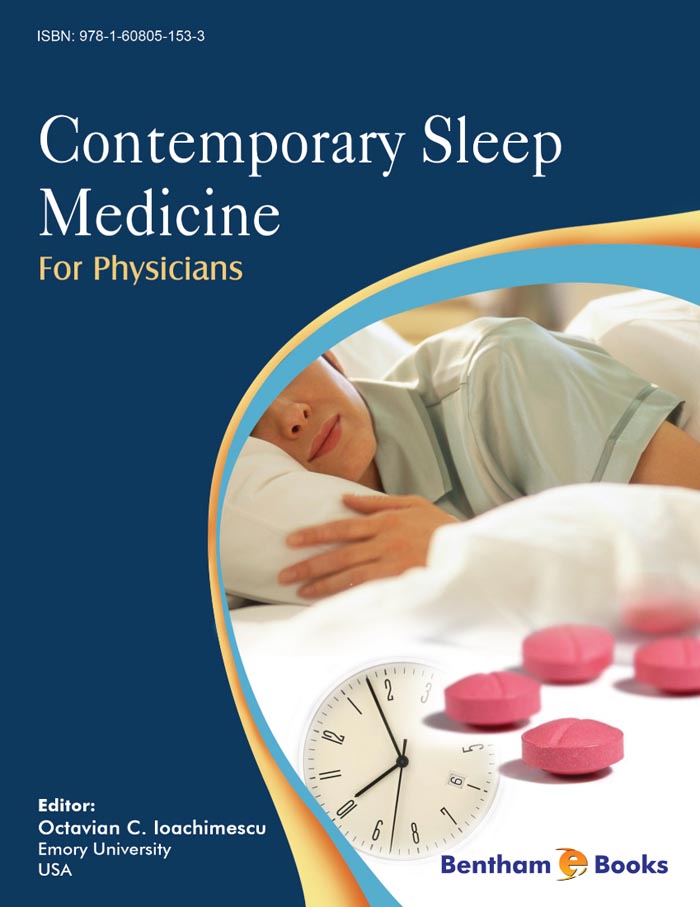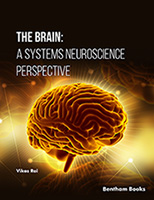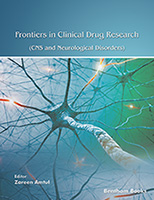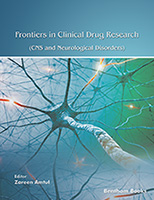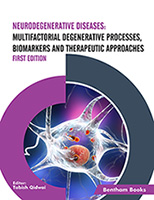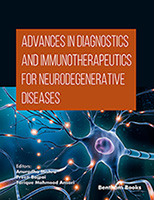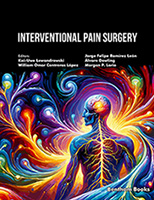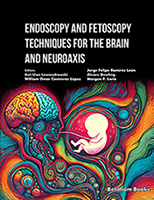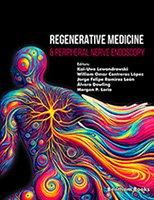We live in an interesting world. We are fueled every day by strong curiosity and desire to know, understand and fix problems, illnesses and abnormal conditions, and that's probably the main reason why we are all in this noble profession of medicine. Healing power is, as we all know, daughter of the mother Knowledge. Day in and day out, we take care of patients using our skills and profound of knowledge, learning new facts, embracing new technologies and applying new methodologies, all subdued to the purpose of curing diseases, taking care of patients, understanding the human body and mind, preventing future illnesses and epidemics.
I have been privileged to get trained in multiple fields, starting with Internal Medicine and followed by Pulmonary, Critical Care and last, but not least, Sleep Medicine. Among all medical fields, Sleep Medicine is a very young subspecialty and it seems to me that it lives golden age of childhood in a ravishing, very fast-transforming world. Sleep Medicine is not only an offspring of an era, but also a significant and active participant in this amazing cognitive journey. Let me state upfront my strong conviction that understanding why and how we sleep and how various sleep disturbances influence our life is not a minor task or duty. We owe this to us, to our patients, to the society, to previous and future generations.
Typically, our biological sciences' cognitive travels start in the lab, or at the bench side, with various simplified animal models which are put in place in order to answer simple or more complex questions; the results may show some "significance", especially if we are "lucky". They are generally followed by necessary confirmatory, small-scale, human studies, which may reproduce the previous research findings, again, if we are "lucky". Ultimately, in the quest of more statistical power and strength of significance, we end-up designing and conducting more complex, expensive and sometimes multi-decade long epidemiological studies. The problem is that, once completed, these studies are either negative (and then we stimulate our sharp analytical activity to explain why) or show some type of connection or "association". In this latter scenario, we discover what we already knew, i.e., that the epidemiological studies do not establish causality, or we start refining the analyses by correcting for multiple confounders (some of which not completely independent from each other) and, in the end, we dilute most of the findings towards neutrality. Curious beings, the human researchers have the natural tendency to go back to the laboratory and design other experiments, which start other quests for proof. Isn't this the abbreviated and at the same time the short journey of medical knowledge? How many times didn't we reverse written-in-stone axioms? How many times didn't we flip positions? How many times didn't we accept to be shattered in our strongest beliefs? The time may have come to change our research paradigms.
There are many ways we can improve our knowledge grasp, learning efficiency and the application of what we find in daily life. One of them is to revamp and reform the research methodologies and study designs. But equally important, especially for our learning of where we are in our journey, is that we need better localization methodologies (like GPS technology?), better collaborative models and better integrative approaches to research and information. At the same time, our information and data repositories need to become more interactive, up-to-date and more available.
Stemming from these convictions, and in order to improve our knowledge gaps and inherent lags, we created this electronic textbook called "Contemporary Sleep Medicine". We acknowledge that this is just a modest beginning at the feet of a new era, that of online open-source data and information and of a body of knowledge that has only upward potential of development, from design, content, delivery, accessibility or any other attribute. We designed this publication for a very wide audience, from patients, or "red" section readers, to physicians and other healthcare providers, who can navigate between the "green belt" or summary level, to "blue belt" or intermediate level, all the way to Research Outlook, or "black belt", of those readers who have an advanced level of knowledge and want to be up-to-date with the latest developments and directions in research in that particular field or condition without a need to read extensive, frequently outdated and often redundant materials. My task, the illustrious chapter authors' and that of the Guest Editor's has not been negligible at all, I can assure you. But with great vision, persistence and excellent skills of all the people involved, this publication comes to light to give us a glimpse of what we know and an even more flickery view of what we would like to find out in the future.
Octavian C. Ioachimescu, MD, PhD
Editor
Assistant Professor of Medicine, Emory University
Adjunct Clinical Assistant Professor of Medicine
Morehouse University
Medical Director, Sleep Disorders Center
Atlanta VA Medical Center
Atlanta, Georgia
USA

